The Aga Khan Foundation (AKF) has a long history of championing gender equality and ensuring equal opportunities for women and men across all our areas of work. As AKF’s Global Lead for Gender Equality, Gulnora Mukhamadieva’s work is dedicated to driving this work forwards. She has been working with AKF for almost four years, contributing her expertise in governance, gender equality and women’s empowerment, strategic planning, and public finance reform. We spoke to Gulnora to learn more about her work, and why gender equality is so integral to AKF’s approach to international development.
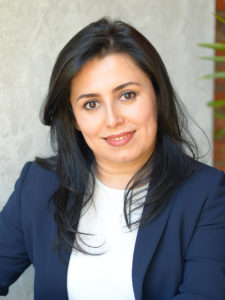
Gulnora, please can you start by telling me about your role as the global lead for gender equality at AKF, what you’re trying to achieve, and overall, what is AKF’s vision for gender equality?
We all know that AKF’s mission is dedicated to improving the lives of the most marginalised people in the world, regardless of their faith, gender or ethnicity. Throughout our programmatic work, we put gender equality at the centre. For the communities we work with to thrive and prosper, we need to unlock the full potential of both women and men. We especially need to invest in girls to ensure no obstacles are put in their way to learn, develop and contribute to all aspects of life.
When talking about gender equality, I often quote His Highness the Aga Khan, “The search for justice and security, the struggle for equality of opportunity, the quest for tolerance and harmony, the pursuit of human dignity – these are moral imperatives which we must work towards and think about on a daily basis”.
My role – which I started in 2019 – is primarily to help the organisation fulfil this mission and implement our commitment. On a day-to-day basis, I drive the gender equality and women’s empowerment agenda, working closely with country units and partnership colleagues to ensure that all the efforts around integration of gender equality in our programmes is locally led. I also help colleagues, gender managers, and gender focal points with strategy development, as many of our teams are currently launching the process of developing country-specific gender equality strategies. This is a huge area of work because each country has different contexts, needs, and priorities with regards to gender equality. Across all AKF’s geographies, there is huge need when it comes to gender equality.
How would you define gender equality and how do you see AKF’s role in achieving that?
Without being too academic about it, and as highlighted in our Gender Equality Policy, we put special emphasis on investing in human potential, expanding equal opportunities, and improving overall living standards. For us, gender equality is about valuing the different needs, behaviours, and aspirations of all people – women and men, girls and boys. It does not mean that everyone must become the same, but that their rights, responsibilities, and opportunities do not depend on their gender.
By working through community-based structures, we make sure that women’s voices are heard, and that they have sufficient resources, knowledge and skills to engage in planning and decision-making processes. We have spent years building the trust of communities, and I believe this is something quite unique to AKF and the wider Aga Khan Development Network (AKDN). Our long-term presence and locally led teams mean that we have a deep understanding of the local context and key structural barriers that hinder the promotion of gender equality within communities.
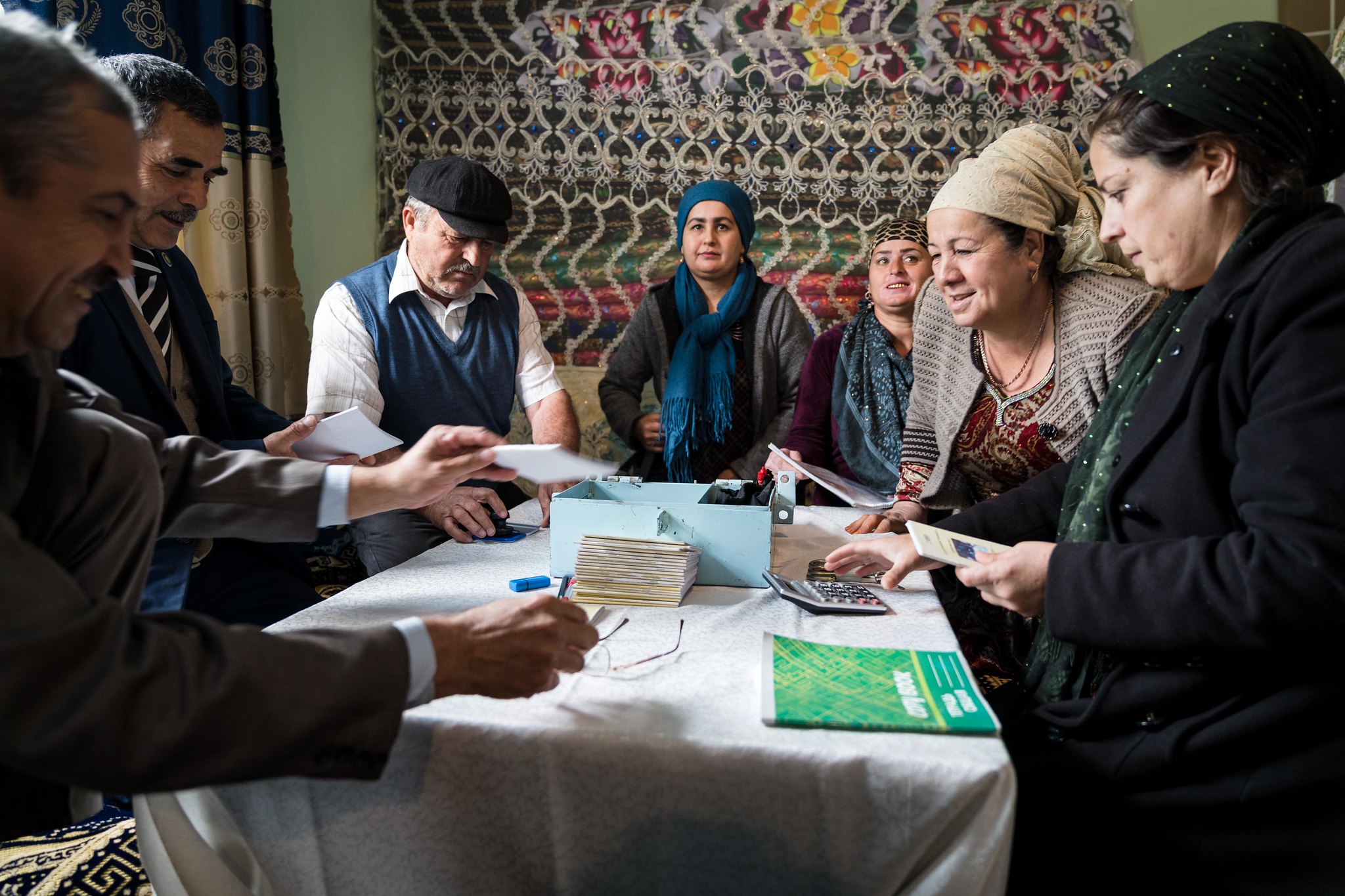
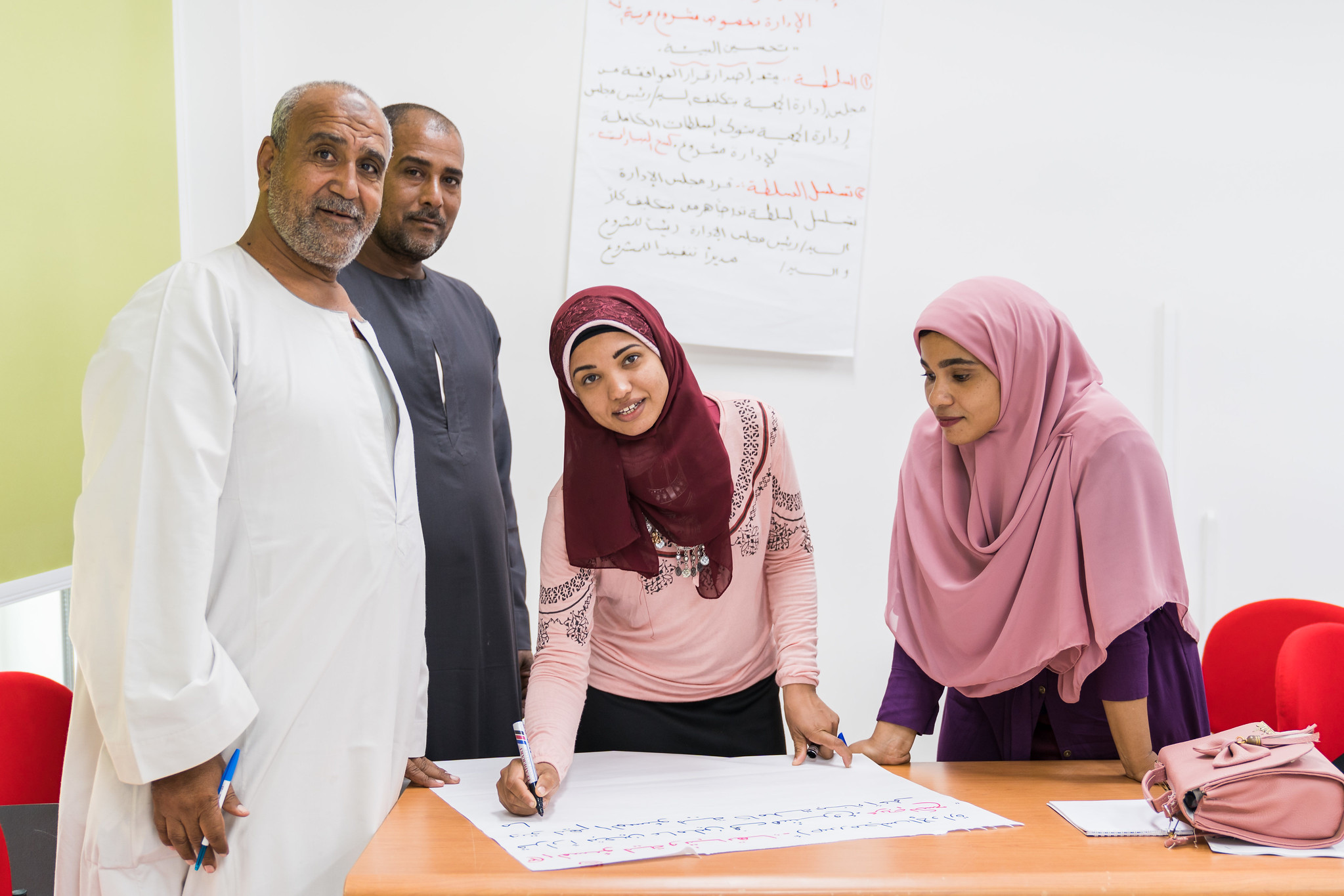
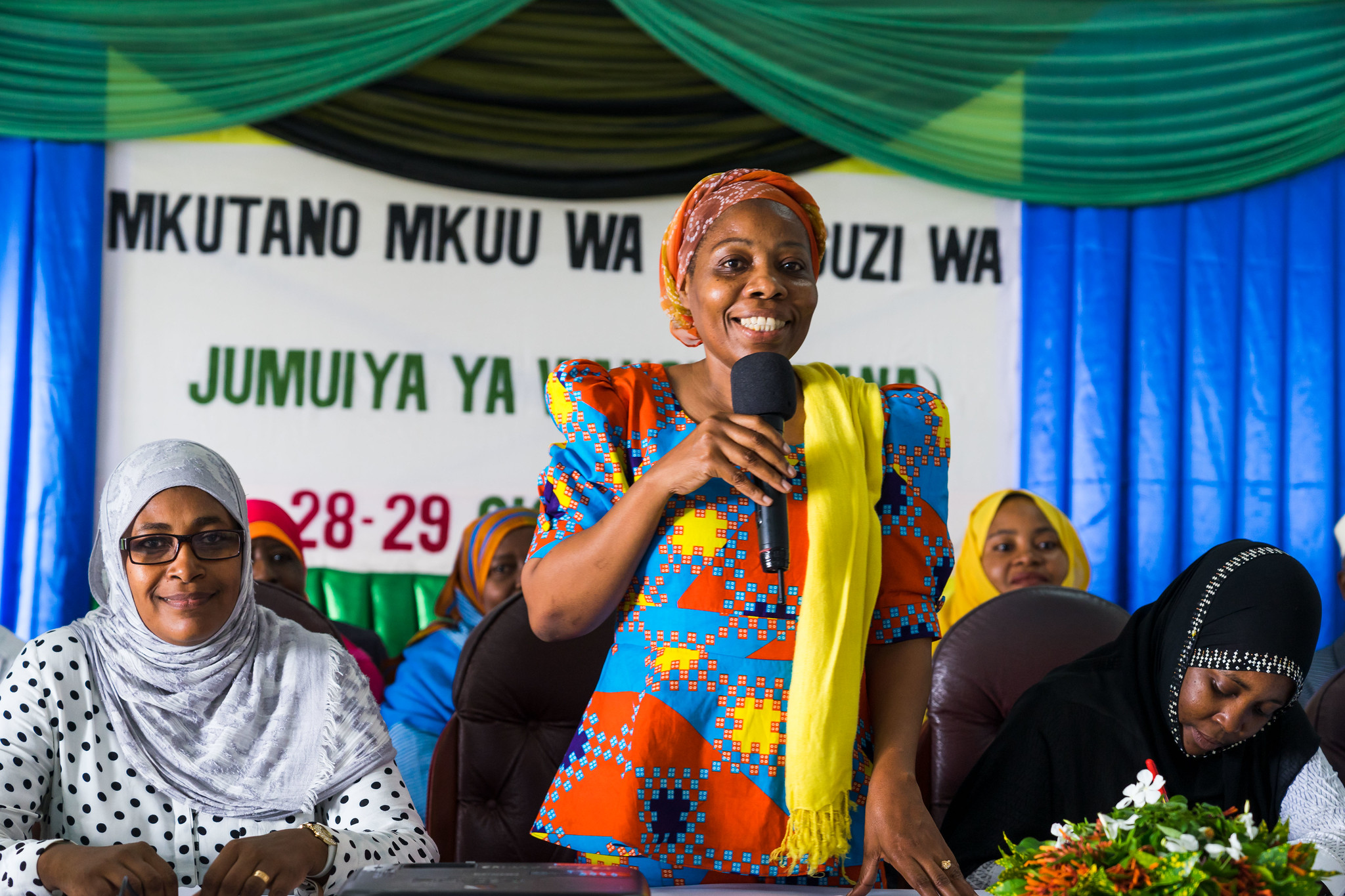
Often people associate gender equality solely with women’s empowerment and women’s rights, and whilst that’s a huge part of our work, gender equality is more nuanced than that. How does promoting gender equality make a difference for everyone?
When talking to my colleagues, I often say that gender equality is everyone’s business – we are in it together and unless we start to shift the mentality that it is only a women’s issue, we can’t make progress. At AKF, we make sure that our partners and the communities we work with understand that gender inequality harms everyone. A good way to explain this is to take an economic perspective. If women don’t have equal access to employment and entrepreneurship opportunities, society’s human capital is underutilised, which leads to limited productivity, in turn affecting everyone in that society negatively. So, in addition to a rights issue, gender equality is also smart economics.
I often also mention that in a way inequality – although in a more subtle manner – brings harm to men because of the huge burden of being the main breadwinner in the family. In societies with deep gender inequalities, men typically don’t have enough time to be involved in their children’s upbringing and build emotional bonds with their family. So, gender inequality not only excludes women from the market economy, but cuts men out of the care economy.
“Gender inequality not only excludes women from the market economy, but cuts men out of the care economy.”
One of the areas that we need to pay more attention to is understanding masculinity and the challenges that men face – sometimes it’s easy to focus too much on women in isolation. We recently launched a new project with the University of Central Asia (UCA) School for Advancement of Gender Equality, which brings together gender experts, researchers, practitioners and journalists. Together, we will look at masculinity in Central Asia to better understand the economic and psychological factors that impact men’s behaviour. This is another piece of the puzzle bringing about greater gender equality.
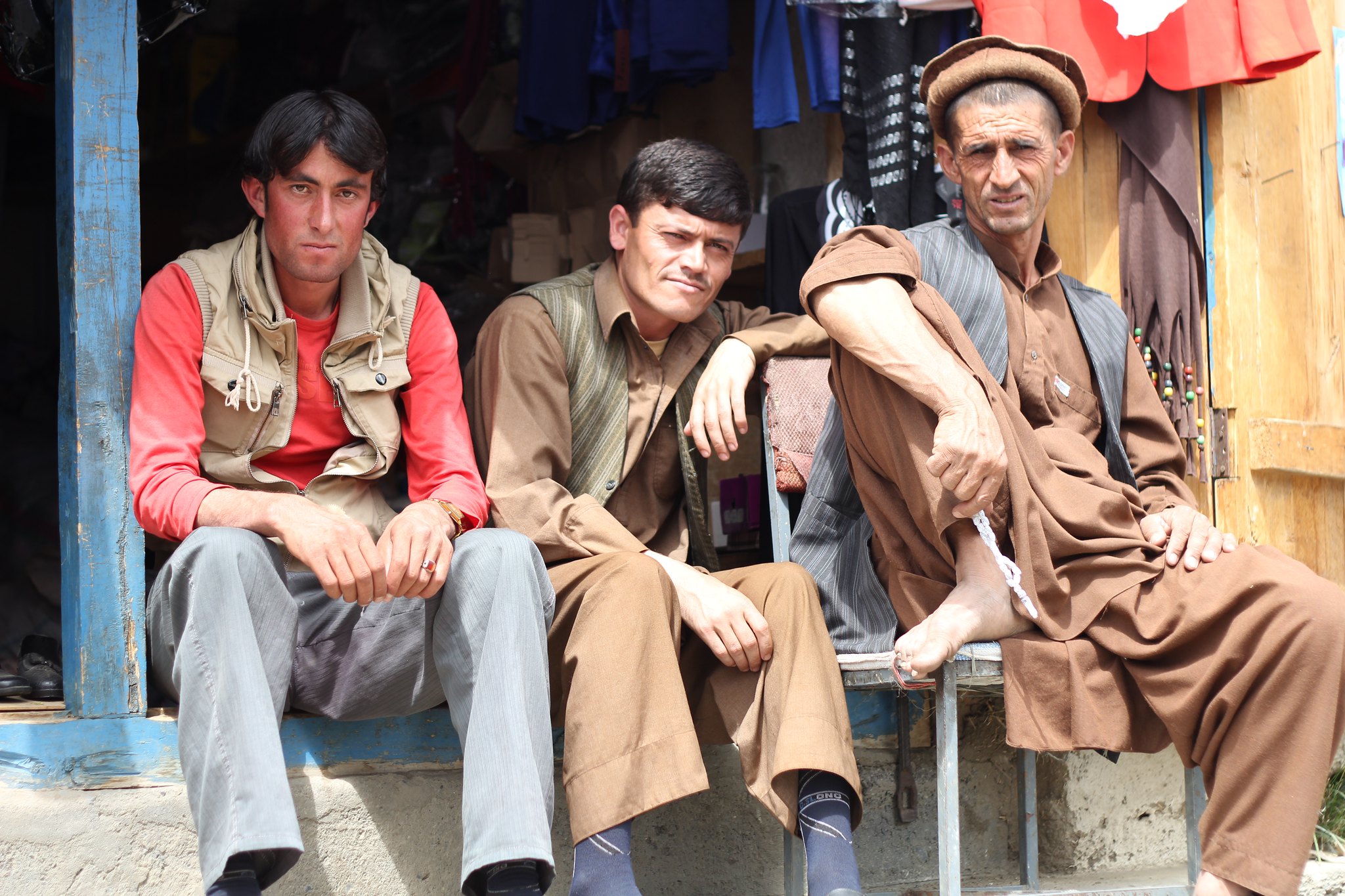
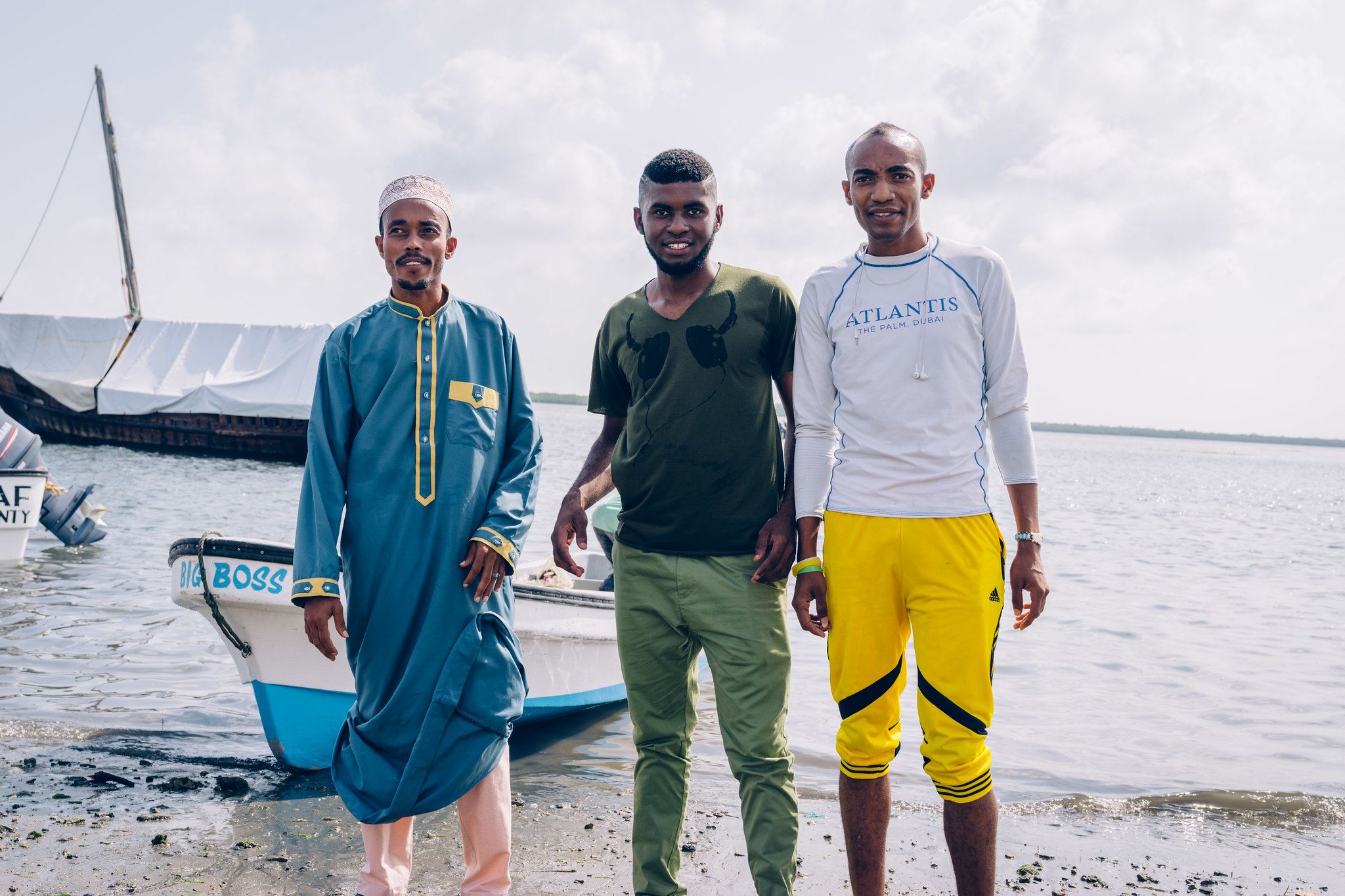

Do you think the international development sector is doing enough to promote gender equality?
Since the Beijing conference in 1995 on gender equality, it’s all everyone talks about. But if we look at the progress, I think it has been quite slow. At the global level, we have these big conferences, and pledges and commitments are made, but at the same time, the implementation of key conventions on gender equality has been slow and we still face lots of resistance at the grassroot level.
One of the UN’s Sustainable Development Goals (SDGs) is focused on gender quality, but this SDG in particular is unlikely to be achieved by 2030. There are lots of issues we still need to tackle and the COVID pandemic showed to what extent many countries and societies were unprepared for such a crisis. For women, there was a lack of access to accurate information, to mobile devices, to some basic services, and as a result, we’re now seeing that many countries are going backwards in terms of their achievements in gender equality. In many of the countries where we work, we saw an increase in early marriages, girls dropping out of school, anxiety and mental health issues, and a sharp increase in gender-based violence.
This shows that whilst gender equality is at the heart of the development agenda, at times of crisis, inequalities reemerge; where progress is made, it is not always linear. Afghanistan is an example that shows how much progress can be undone in a short time. Yet, one of our unique features is that we work with communities for the long term and believe that setbacks can be overcome.
Gender inequality exists everywhere, but each different place faces varying levels and types of inequality. For some it’s more implicit, and for others it’s more explicit – there may be cultural or religious factors at play. How do we as AKF implement programmes that are gender-friendly, in a way that’s locally relevant and respectful?
First, we must dispel the misconception that gender equality is a ‘western’ concept. For example, Islam puts great emphasis on women’s protection and women’s roles as mothers. Sir Sultan Mahomed Shah Aga Khan III (His Highness the Aga Khan’s grandfather and predecessor) was a formidable advocate for girls’ education and women’s rights, and the AKDN began in 1905 with girls’ education initiatives in Zanzibar, Pakistan, and India.
At AKF (and AKDN), we view gender equality as a fundamental human right – it’s embedded in our vision and while not uncontested, it resonates with strongly-held values in the communities we serve. When the communities we work with perceive gender equality as an external, imposed concept, that’s when we see resistance. It’s important that we frame it as a universal human right, and as I mentioned earlier, refer to local values that support gender equality and the economic benefits it brings for communities. Everywhere you go, parents want the best future for their children – sons and daughters – which shows that equality is valued all over the world.
“We must dispel the misconception that gender equality is a ‘western’ concept.”
As AKF, we always have to be mindful of what is culturally acceptable and most importantly, be patient. I see that many organisations are very impatient. It’s important to remember that shifting perspectives on gender requires huge societal change, and that takes time. I come from Tajikistan, where between 1991 and 1995, we had a civil war which changed things substantially. The war, coupled with a huge migration of men to Russia, meant that many women (often widows) had to take on men’s assigned roles as protectors, decision-makers and providers. These kinds of crises push societies to shift their understanding – it requires a lot of change.
At AKF, we aim to prioritise gender equality throughout all our programmes, from agriculture to health to education, and so on. How do we do this?
Before we start working with communities and speaking with them about how to promote gender equality, we need to look at our own organisation and be sure we are modelling gender equality ourselves. Gender mainstreaming includes a commitment to integrate gender equality into organisational culture and policies, and here at AKF, we do this using AKF’s Gender Scorecard. With the scorecard, AKF conducts an annual assessment to determine what institutional barriers inhibit gender equality and women’s empowerment across the organisation and identify ways to remove those barriers.
To work towards gender equality in our programmes, AKF has adopted a gender integration approach throughout its policies, strategies, operations and programme areas. In simple terms, when we start a new initiative, we ask ourselves the following questions: (i) how are women and men affected differently by the issue we are trying to address? (ii) have we listened to the voices of women in designing our programmes and have their needs and priorities been taken into account? (iii) how can we ensure that the programme benefits women and men equitably? (iv) can the programme contribute to the transformation of gender inequalities? To do this, we have tools such as the Gender Equality Marker which we use to assess the extent to which programmes have mainstreamed gender concerns into their design.
As the Gender Lead, my responsibility is to work with colleagues to see how they can increase the Gender Equality Marker score for their programmes, to ensure that they don’t end up failing both the women and men involved by not understanding their needs correctly. At the same time, we must be realistic – we work in very challenging and fragile contexts, so part of my job is to guide teams through the process with care.
Which AKF gender initiatives are you most excited about in the future?
I am really excited about our focus on civil society, especially women’s engagement and participation. We work a great deal through civil society organisations, and whilst we have historically reported on the number of women who attend events and meetings, we are now looking to dive deeper into that reporting to find out if women’s voices are really heard. Are they active members of these meetings and if not, how can we ensure they are?
“Whilst we have historically reported on the number of women who attend events and meetings, we are now looking to dive deeper into that reporting to find out if women’s voices are really heard.”
In 2022, together with Aga Khan University we launched the Women’s Leadership Academy – a six-month blended online course specifically for representatives of civil society organisations, the healthcare sector and education from five countries in Africa (Kenya, Uganda, Tanzania, Madagascar and Mozambique) and four countries in Asia (Afghanistan, Kyrgyzstan, Pakistan, and Tajikistan). Whilst there are similar courses available, they’re mostly in English. Initially, our course will be translated into Urdu, Portuguese, and Russian.
We also have an exciting new girls’ leadership programme in design, called ‘GEM GIRLS’ – a girls’ environmental movement, girls for inclusive and resilient livelihoods. Through existing AKF global education programmes and platforms, the girls access mentoring support so that they can become more engaged in the environmental issues impacting their communities and raise the awareness around the climate resilience agenda.
We’ve talked a lot about AKF as an organisation, and obviously you represent and embody that. But what motivates you as an individual to do this work?
As I mentioned, I am from Tajikistan. I don’t come from the capital Dushanbe, I come from a small city on the border of Uzbekistan, and because of the civil war, my parents did not want to send me to Dushanbe for higher education, because it simply wasn’t safe. But I convinced my parents to let me go and study at university. Since then, I have always been a big advocate of girls’ education. I really believe that if you empower girls – especially adolescent girls – to build their skills so that they can study and graduate, then they can take the responsibility of their lives in the future.
Nowadays, I am most motivated when I travel to the countries where AKF works and talk to the women and girls we serve – it’s really inspiring. I will never forget my visit to India in August 2019. There, we have a project supporting women in goat farming. I spoke to one of the women and she told me, ‘I am so tired of these goats, I want to work in an office!’. To me, that showed true empowerment, because whilst she was grateful for the opportunities she had, she wanted something bigger – a role with a bigger impact for herself and others. And that is what we should all be working towards.




